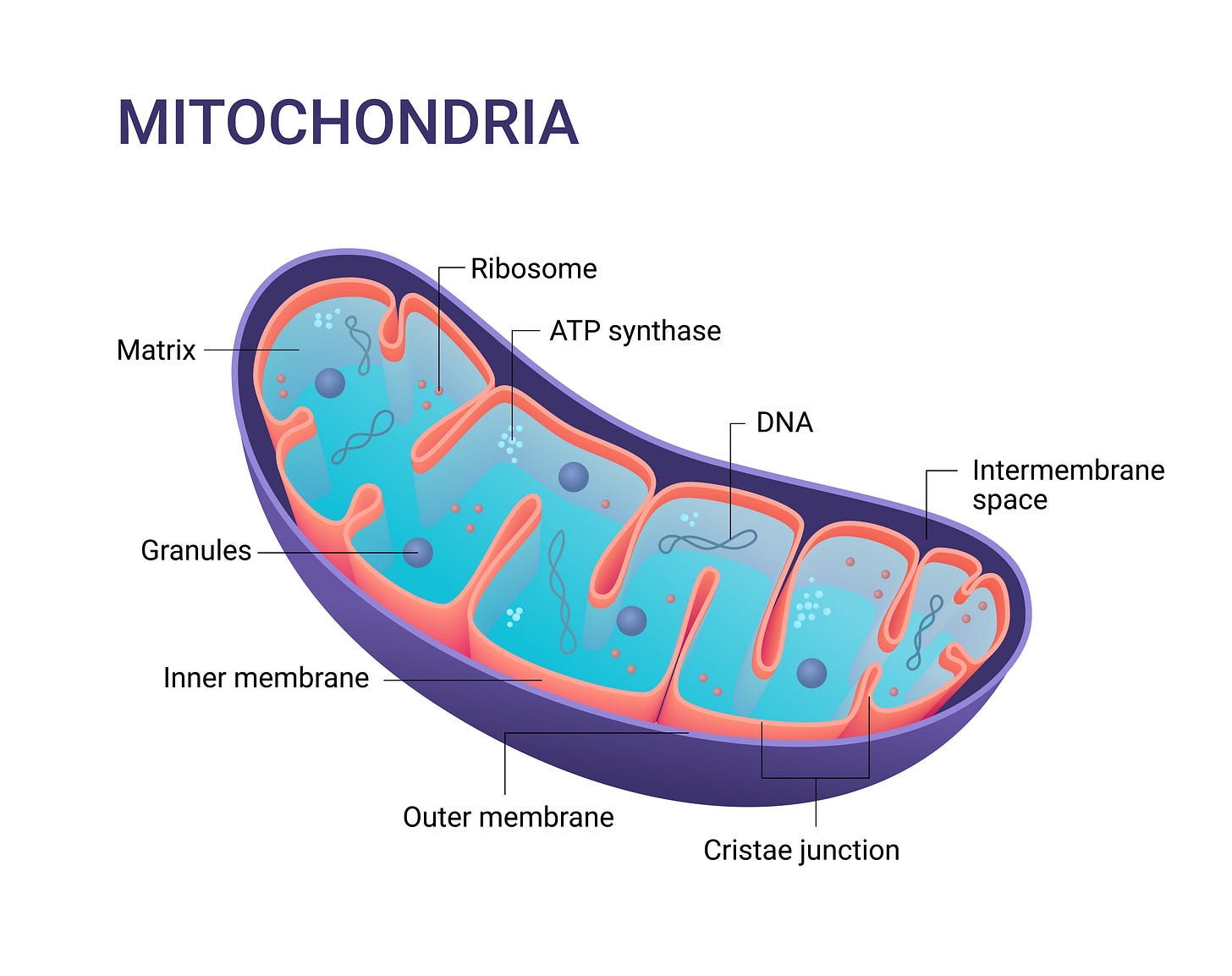Enhancing Mitochondrial Function Through Supplementation: Mechanisms, Benefits, and Evidence
Evidence from Human Clinical Trials
Mitochondria are more than just the “powerhouses” of the cell—they are the biological engines that drive life itself. These microscopic organelles are responsible for producing adenosine triphosphate (ATP), the universal energy molecule that fuels every cellular process in the body—from muscle contraction and brain signaling to hormone production and im…



